“On the same page” is a series featuring Utah book clubs.
Editor’s note: If you have a book club and you are interested in being featured, please contact us at features@deseretnews.com. Please include your name, your contact information and one or two sentences describing your book club.
SALT LAKE CITY — When Elizabeth Hanby started working as the public services librarian at the Columbus Branch of the Salt Lake County Library in 2014, she realized many patrons were craving book clubs they could join. In the time since then, lots of library-sponsored book groups have sprung up, but Hanby’s is unique. The Columbus Library Feminist Book Club focuses specifically on books that deal with issues of gender equality and has given its members the discussion forum they were looking for. We spoke with Hanby to get her thoughts on the best feminist book recommendations, what a typical meeting is like and how she chooses books to read.
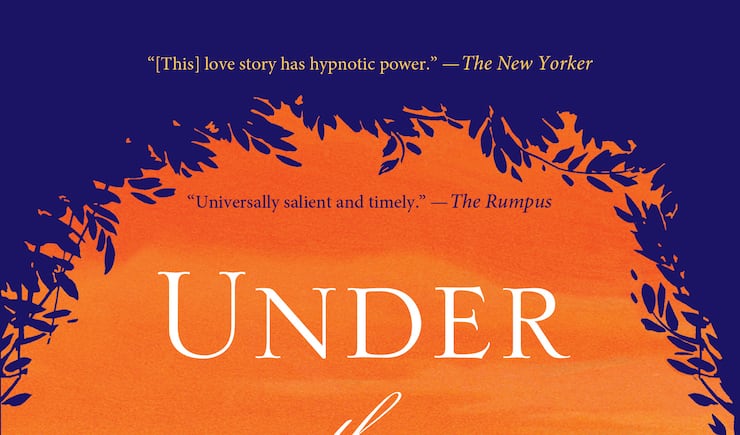
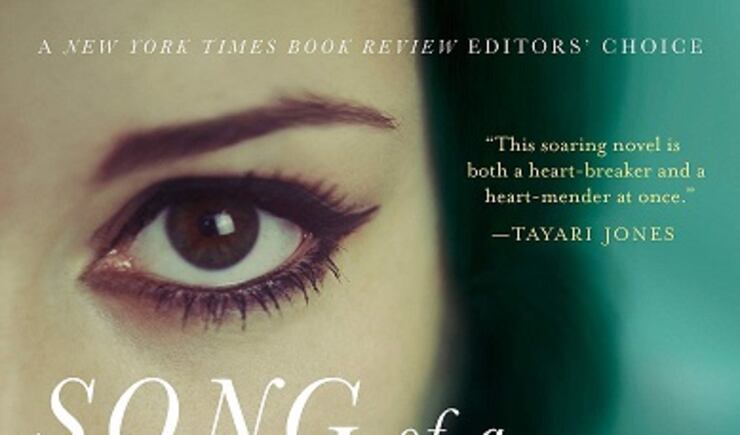
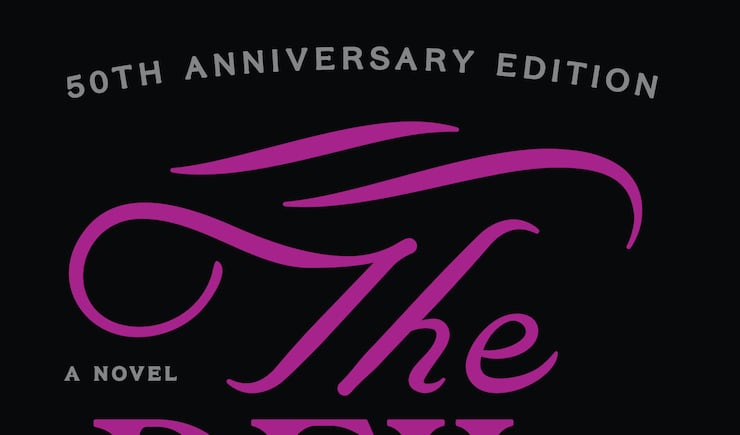
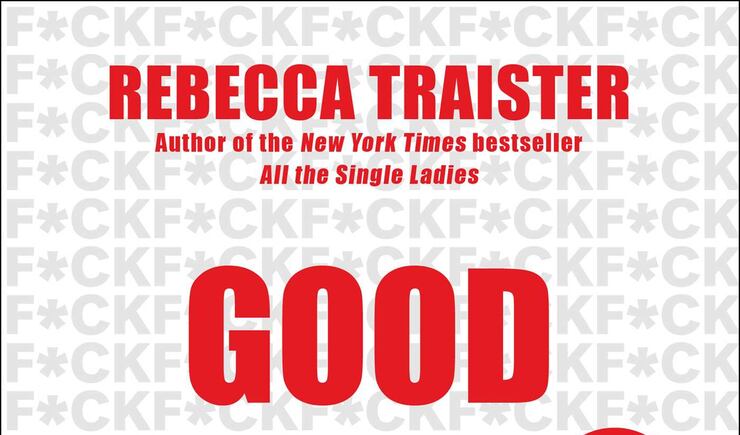
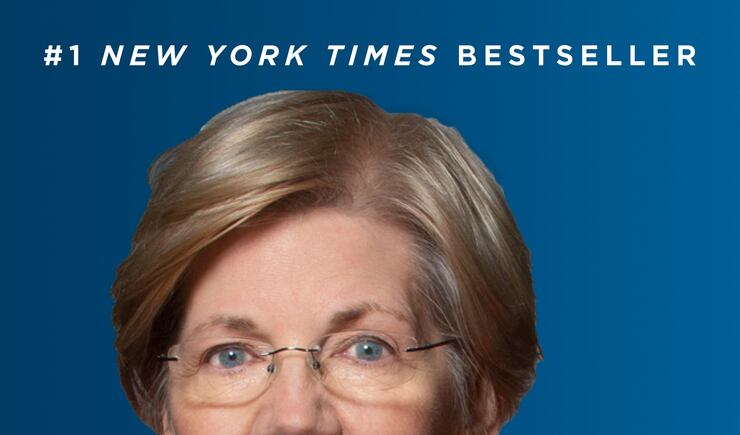
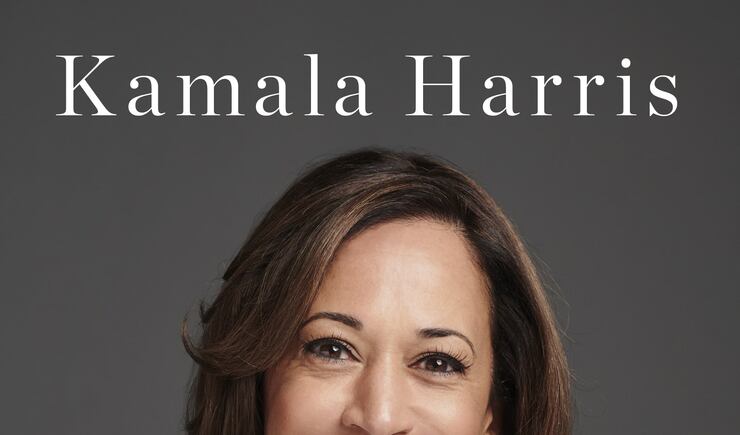
This interview has been edited for length and clarity.
Deseret News: What kinds of books does your book club read?
Elizabeth Hanby: We read fiction and nonfiction, contemporary works and classics. I bring in three titles of a specific genre each session (for instance three works of historical fiction by an African writer), discuss them briefly, then the group votes on which book they’d like to read next. I would recommend letting the group be your guide when it comes to getting started.
DN: Is there a book that everyone has disliked, or one that people thought they wouldn’t like but was surprising?
EH: The group was not enamored with Meg Wolitzer’s “The Female Persuasion.” We were excited for a book that discussed intergenerational feminism (our club members range in age from 22 to 82) but this did not satisfy. We found the prose stale and mawkish, with caricature-ish descriptions of emotion and a parodic nature to the plot.
DN: What are your typical meetings like?
EH: We meet once per month, on Saturday afternoon from 3 p.m. to 4:30 p.m. Our group ranges from 10 to 20 participants each week. We serve cookies, fruit and sparkling beverages. Discussions are lively; we have some very impassioned members, as well as some who just like to come, sit quietly and digest new ideas.
DN: What are some of the most memorable meetings the club has had?
EH: Last week we had a fantastic meeting — very informative and enlightening. Several members have been reading biographies of the presidential candidates, so we began with summaries of those: Elizabeth Warren’s “This Fight is Our Fight,” Kamala Harris’ “The Truths We Hold: An American Journey” and others. We discussed our views on the recent debates, and our frontrunners — which really got the group fired up! We then began discussing the then-imminent mayoral race.
DN: Is there anything special coming up with your book club?
EH: We continue to discuss our own “personal feminist agendas,” many of which have been informed by the readings and discussions in the group. Several members thank the group for precipitating their push forward with personal and political goals.
DN: Which author, dead or alive, would you most want to attend your group and why?
EH: The group was so encouraged by Rebecca Traister, who wrote “Good and Mad.” A couple members actually said the book changed their lives. I’d be thrilled if she could lead our members in a discussion of feminism and politics. She’s so savvy and empowering, and she’s from Philadelphia (my hometown) and attended my alma mater (Northwestern University). I’d also be utterly over the moon if author, feminist and social activist (and all-around incredibly cool woman) bell hooks could join us in a discussion of any of her works; bell hooks is why our group talks about intersectional feminism with such a fervency.
DN: What have you learned or gained from being in this book club? What has been your favorite part?
EH: I’ve learned that there are many local women and men who crave the opportunity to discuss feminism and gender equality, the personal and the political (which we’re learning are one and the same). On the most basic level, they want to read relevant books, discuss the voice, tone and themes of those books, and then reach out into a wider discussion of feminism as it affects their lives and the lives of their loved ones. My favorite part is when a member tells me that they are fairly new to the area, and have found community through our book club.








